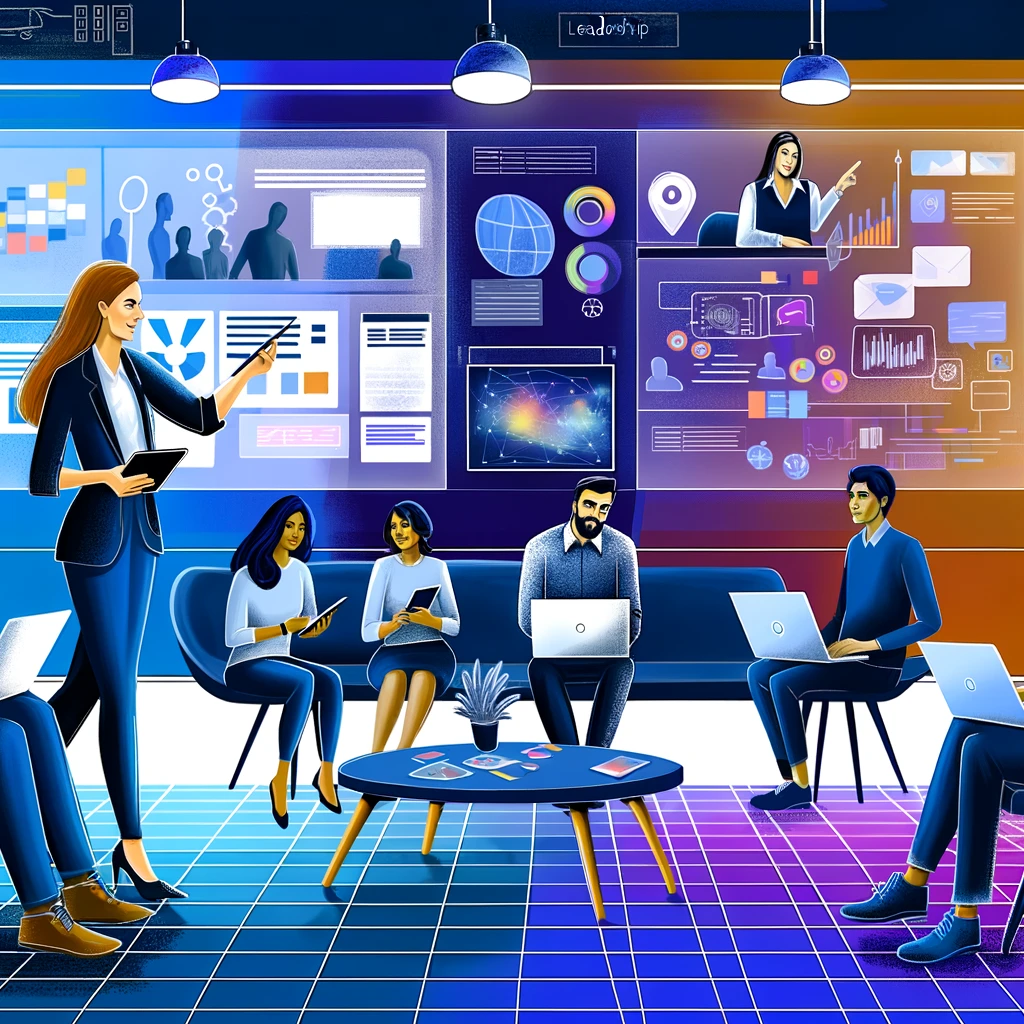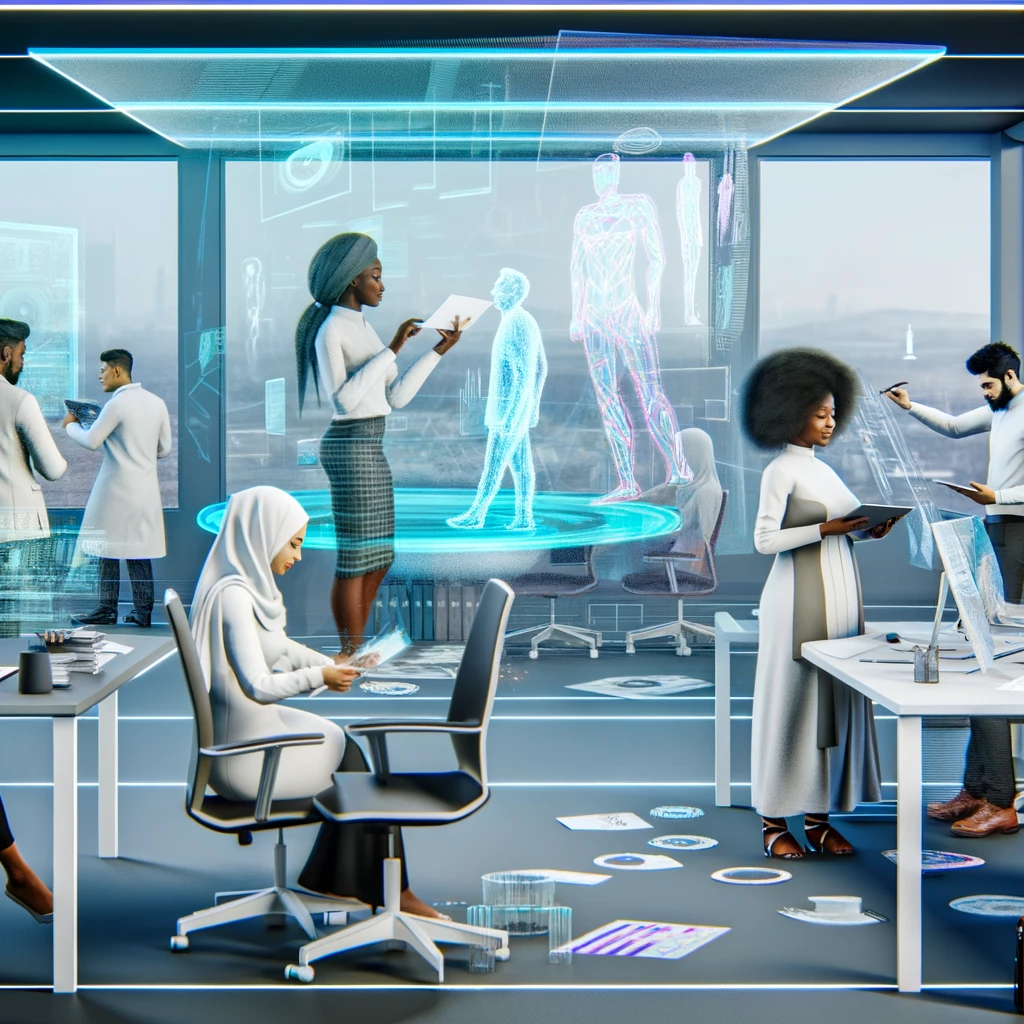Related Articles











The workplace is undergoing significant transformations, driven by technological advancements, shifting demographics, and evolving cultural expectations. As we look towards the next decade, several trends are emerging that will fundamentally reshape how, where, and why we work. This article explores these trends and offers predictions for the future of work.
The COVID-19 pandemic accelerated the adoption of remote work, and it is here to stay. Companies are embracing hybrid models that combine remote and in-office work, offering employees greater flexibility. This trend is expected to continue, with technology enabling seamless collaboration across geographical boundaries.
Technology will continue to play a pivotal role in shaping the future workplace. Artificial intelligence, machine learning, and automation are transforming industries, leading to increased efficiency and new opportunities for innovation.
AI is expected to handle repetitive tasks, allowing humans to focus on more creative and strategic roles. Automation will require workers to adapt and acquire new skills, emphasizing continuous learning and development.
The gig economy is growing, providing workers with more autonomy and flexibility. Freelancing platforms are thriving, offering individuals the chance to pursue multiple income streams and work on diverse projects.
As gig work becomes more prevalent, companies will need to rethink their employment strategies and offer competitive benefits to attract top talent.
Workplaces are becoming more inclusive, recognizing the value of diverse perspectives. Companies are actively working to create environments that support gender equality, racial diversity, and accessibility.
Organizations are implementing policies to foster inclusivity, such as diversity training and equitable hiring practices, ensuring that all employees feel valued and supported.
Environmental sustainability is an increasingly important factor in business operations. Companies are adopting eco-friendly practices and prioritizing social responsibility to meet consumer and employee expectations.
Future workplaces will focus on reducing carbon footprints, utilizing renewable energy sources, and promoting sustainable transportation options for employees.
Employee well-being is becoming a priority, with companies offering mental health support, flexible work hours, and wellness programs to ensure a healthy work-life balance.
Organizations are introducing mental health days, providing access to counseling services, and fostering a culture that encourages open discussions about mental health.
The future of work is dynamic and full of possibilities. By embracing these trends, companies can create environments that are not only productive and innovative but also inclusive and sustainable. As we navigate the next decade, adaptability and forward-thinking strategies will be crucial for success in the ever-evolving workplace landscape.